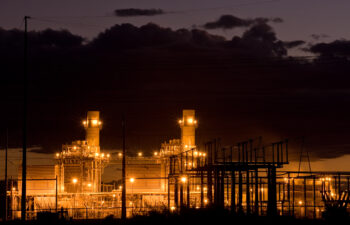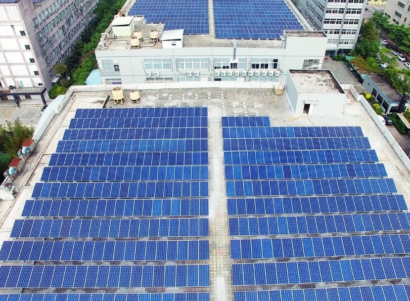For 20 cities with the most gas leak incidents, the median cost to respond to a single gas leak is $2,600, consuming resources from fire departments and costing taxpayers
OAKLAND, CA –Responding to gas leaks cost U.S. fire departments over $564 million in 2018, according to a new study published in Energy Policy. The study, led by PSE Healthy Energy, is the first to estimate the financial burden placed on first responders by gas leaks. In 2018, New York City experienced 22,090 gas leak incidents—more than the next 25 cities combined—conservatively costing the city $70 million.
“Nationwide, fire departments are spending nearly half a billion dollars to prevent gas leaks from becoming even more serious emergencies,” said Dr. Sebastian Rowland, a scientist at PSE Healthy Energy. “Uncombusted gas leaks are a preventable situation that can draw significant time and resources away from other emergencies. For example, the New York City Fire Department spends nearly 3% of their annual operating budget on gas leaks.”
The researchers combed through 15 years of emergency response data for gas leak-coded incidents and analyzed the time and personnel required to respond. Based on these findings, they estimated the burden to fire departments and constructed an operating budget cost model for the top 20 cities by gas leak-coded incidents. Data was sourced from the Federal Emergency Management Agency’s National Fire Incident Reporting System (NFIRS), and validated using data supplied directly from Boston and Philadelphia Fire Departments.
Between 2003 and 2018, a total of 2.4 million gas leak-coded incidents required fire department response. During this time, 20 cities accounted for 19% of all gas leak incidents, with a median estimated cost to respond to a single gas leak estimated at $2,600. Regionally, Northeastern and Mid-Atlantic states experienced higher rates of gas leak incidents compared to other parts of the country. While responses to gas leaks that ignite and cause fires are about 10 times more costly per incident, gas leaks that do not ignite are about 600 times more frequent and therefore represent a significantly higher cost to fire departments each year.
“Between 2003 and 2018, the number of reported gas leak emergencies nearly quadrupled,” said PSE Healthy Energy Senior Scientist Dr. Drew Michanowicz. “These leaks represent a growing and largely hidden cost to society that should be considered when designing future energy systems. For most cities, there are potentially significant cost and resource savings that could be realized by transitioning away from widespread gas use and the hazard it poses.”
Nationally, only about 70% of fire departments report their data to NFIRS. As a result, the total cost estimations in this study are assumed to be underestimates of the total cost to all fire departments. The researchers note that while gas leak incidents are on the rise, efforts to decarbonize natural gas infrastructure could lower the cost burden on first responders in the future. Regardless, researchers recommend that all jurisdictions consider taking steps to improve coordination between utilities and first responders, as well as lowering the overall incidence of gas leaks.
###
About PSE Healthy Energy
PSE Healthy Energy (PSE) is a scientific research institute generating energy and climate solutions that protect public health and the environment. PSE provides expertise in public health, environmental science, and engineering and brings science to energy policy through actionable research, communications, and advising. Visit us at psehealthyenergy.org and follow us on X @PhySciEng.













